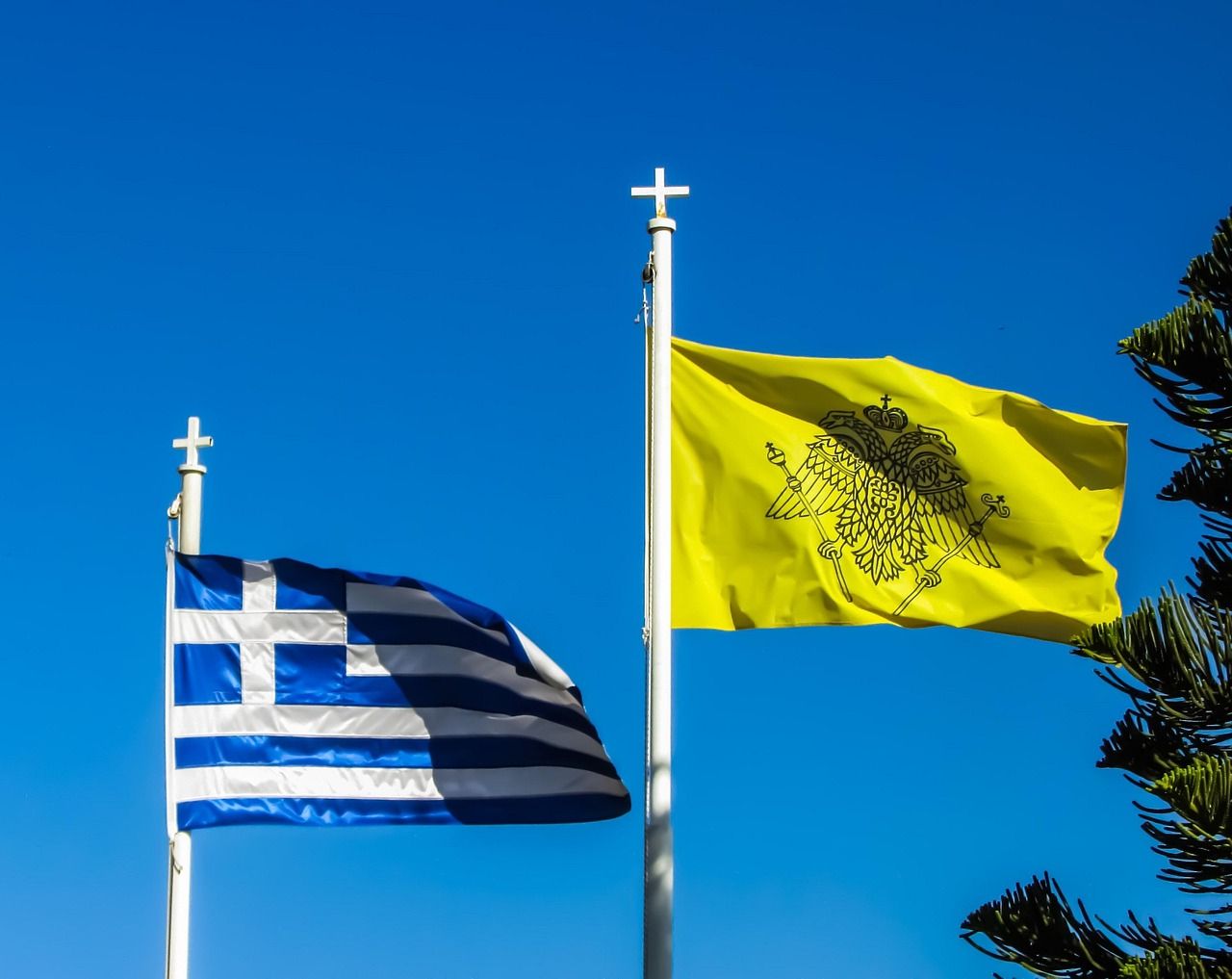Are you getting or have already received an MA in Ancient or Medieval History, Art History, Byzantine Studies, Classics, Cultural Heritage Studies, Medieval Studies, Philology (Arabic, English, French, German, Greek, Italian, or Latin), Religious Studies, or Studies in Medievalism? Are you interested in participating in an international, interdisciplinary, and intersectoral programme of doctoral training recruiting a group of highly-competent fellows?
The StoryPharm consortium publishes a call for 19 PhD fellowships within the training programme “Storytelling as Pharmakon in Premodernity and Beyond: Training the New Generation of Researchers in Health Humanities”. The fellowships are funded by the European Union’s Horizon Europe research and innovation programme under the Marie Skłodowska-Curie Action – Doctoral Networks, Grant Agreement 101169114.
All recruited doctoral fellows will become highly skilled cultural historians specialising in premodern intellectual and healthcare worlds. At the same time, they will acquire transferable skills allowing them to use, develop, and deploy cutting-edge approaches to storytelling and its ethical ramifications for scientific, professional, business, healthcare, and social purposes. After the offered doctoral training, the fellows will be ideally positioned to (1) achieve ground-breaking research results; (2) meet current trends and needs in the job market; (3) work towards establishing a human-centred medical system; and (4) create better and more resilient societies.
StoryPharm welcomes highly-motivated applicants. Depending on the position, applicants will be employed at the University of Cyprus (Cyprus), University of Bamberg (Germany), Lund University (Sweden), University of Salerno (Italy), and Cardiff University (UK).
Duties of the position
- “Early Byzantine Literature as Pharmakon: A Narratological Approach to Medical Writings” , Supervisor: Prof Laurence Totelin
This project will employ narratological approaches to any of the three following early Byzantine medical authors: Oribasios (4th c. CE), Aetios of Amida (6th c. CE), and Paul of Aegina (7th c. CE), whose writings were long considered as “encyclopaedias”, composed of excerpts from earlier medical writings, particularly those of Galen. Recent scholarship has shown that great care was deployed in the act of compiling, but much work remains to be done on the rhetorical and narrative techniques employed by these authors. The subproject will contribute to this work, by focusing on the ways in which these works are presented as artefacts contributing to the well-being of their audiences, through both their material and the way in which this is presented. Particular attention will be paid to prefaces, the use of the first person, the works’ structure, and the use of anecdotes. Effort will be made to place the works in a tradition of medical writing and in the literary contexts of their times.
The successful candidate will be enrolled in the Cardiff University School of History, Archaeology and Religion. The training includes a three-month academic secondment at the University of Salerno (UNI SALERNO) and a one-month non-academic secondment at AVVA Pharmaceuticals (Limassol). At Cardiff, the PhD candidate will work under the supervision of Laurence Totelin while Amalia Galdi will act as a supervisor at UNI SALERNO.
- “Mani as a Healer and Physician: Redefining Manichaean Origins in the Third Century CE”, Supervisor: Prof Nicholas Baker-Biran
This project will contextualise Mani’s (216–c. 274 CE) persona as a healer in the court of Sasanian Iran under the rulership of Shapur I (d. 270 CE). It will investigate late antique Manichaeans’ concerns with health, well-being, and illness in relation to the spread of Manichaeism across West Asia and the Mediterranean. The subproject will also evaluate the importance of Mani’s role and identity as healer in the process of securing the patronage of these regions’ imperial elites and will contextualise the emergence of early Manichaeism in terms of its contemporary setting where healing was linked to prophecy and religious knowledge.
The successful candidate will be enrolled in the Cardiff University School of History, Archaeology and Religion. The training includes a three-month academic secondment at the University of Cyprus and a one-month non-academic secondment at the Bamberg State Library. At Cardiff the PhD candidate will work under the supervision of Nicholas Baker-Brian and Eve MacDonald while Demetrios Michaelides will act as a supervisor at the University of Cyprus.
Required selection criteria
The call is open to applicants of any age and nationality who meet the following requirements at the recruitment date:
- Prior to the starting date of the PhD programme they must hold or be due to hold a Master’s Degree in relevant fields mentioned above.
- Must not already hold a doctoral title.
- Must not have resided or carried out their main activity (work, studies, etc.) in the country of the recruiting organisation for more than 12 months in the 3 years immediately before the recruitment date (mobility Rule). Any time spent as part of a procedure for obtaining refugee status under the Geneva Convention (1951 Refugee Convention and the 1967 Protocol), compulsory national service and/or short stays such as holidays do not count towards the total.
Additional requirements can apply for specific positions. For further information, please consult the detailed information for each position.
Benefits
The fellows are expected to start their contracts between July 2025 and August 2025 under a 36-month research contract and will be enrolled in the Cardiff PhD programme starting from the 2025-2026 academic year.
All eligible researchers recruited within the network will be employed full-time. They will be entitled to receive a salary within the following range (gross amounts): £42,048 to £51,012 per annum. Salary provided as a range and estimate, with actual salary being determined based on eligible allowances (living, mobility, family), exchange rates, and pension options, which are based on each doctoral researcher’s individual circumstances.
The family allowance is reserved for PhD candidates who have a spouse or are maintaining a child at the recruitment date or have acquired family obligations during the action duration, i.e. persons linked to them by (i) marriage, or (ii) a relationship with equivalent status to a marriage recognised by the legislation of the country or region where this relationship was formalised; or (iii) dependent children who are actually being maintained by the researchers, the family allowance are paid to them as well.
Organisation/Company – Cardiff University
Research Field –
Researcher Profile – First Stage Researcher (R1)
Country – United Kingdom
Application Deadline – 17 Feb 2025 – 12:00 (Europe/London)
More information: Euraxess






Leave a Reply